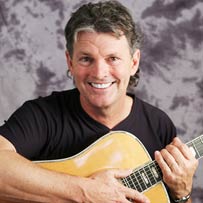Error 404 - Page not found!
Sorry! It seems that the page you are looking for is not here.
Make Your Audio Sound Professional
Get a FREE analysis & a customized quote for your recordings.
[si-contact-form form='1']
[si-contact-form form='1']
Top Testimonial

"The best production studio you can find online. These guys deliver top quality." - Adam Brown
Leading Production Studio
 Awesome Engineers & Latest Gear !
Awesome Engineers & Latest Gear !
 Unlimited revisions, assuring you of a 100% perfect product.
Unlimited revisions, assuring you of a 100% perfect product.
 Free Customized sample and Quote!
Free Customized sample and Quote!







